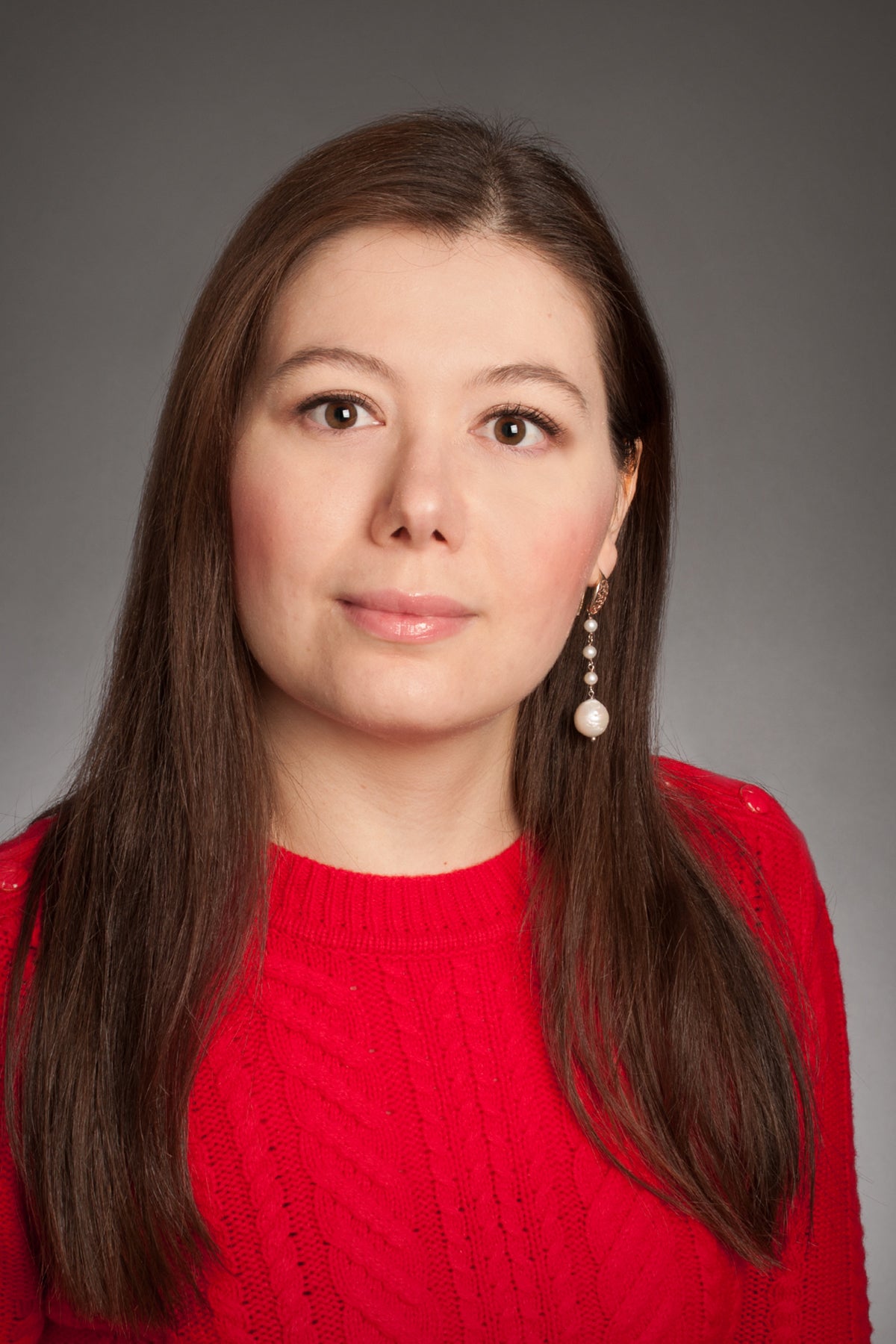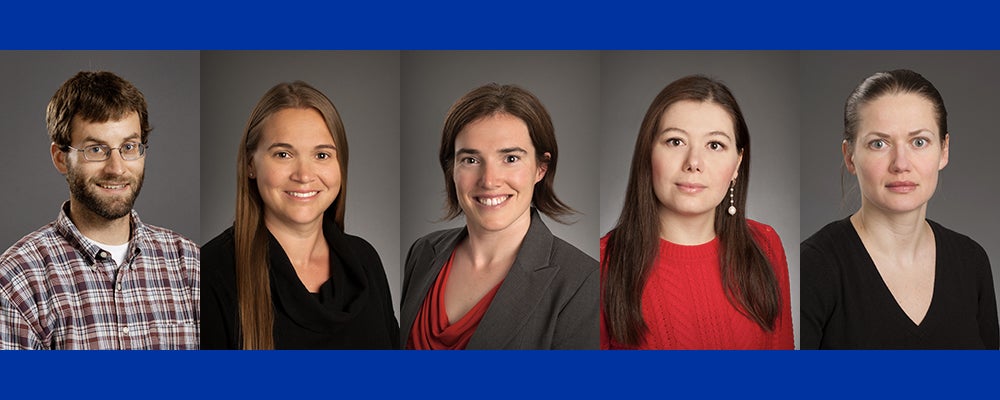
From misleading tweets to online news stories and everywhere in between, misinformation clouds readers’ ability to make well-informed decisions. The consequences of this misinformation can impact everything from a person’s purchasing decisions to the effectiveness of national security. Fortunately, Francesca Spezzano, an assistant professor in the computer science department, is working to tackle the issue head-on.
With the support of a five-year National Science Foundation CAREER Award of more than $480,000, Spezzano’s goal is to develop new machine-learning algorithms that will help information systems better detect authentic users from malicious actors, and recommend authentic content.
“The problem is that we know that there are malicious users on the web and because it’s protected by the anonymity, anybody can exploit the systems and introduce misinformation in the system and the current algorithms are not designed to prevent the spread of misinformation,” said Spezzano.
To find and defuse such malicious actors, Spezzano’s research will begin by using downloaded datasets from Twitter to determine how news spreads, and compare stories against fact-checking websites. Marrying computer science and social sciences, Spezzano will assess the credibility of the actors on social media (such as the publishers, news recommenders, news sharers and users) and then model how information diffuses across networks of users.
Ultimately, this research will result in a deeper understanding of how recommender systems behave in the presence of misleading stories, and will offer systems design strategies to insure that people receive accurate information to make decisions.
The impact of Spezzano’s research could reach all web users, but her focus is on younger generations whose information seeking methods rely heavily on easily accessible online information. Because of their from-birth relationship with technology and web-based information, they may face an even greater threat from malicious misinformers than other demographics.
With her Boise State students, Spezzano also will use a service-learning approach to help Idaho high school students and teachers improve their ability to identify and respond to misinformation. Armed with insight into social media mining and information dispersal, her graduate students will deliver presentations to local high schools and provide information literacy skills to this vulnerable population.
“I will also do some lectures for teachers to make them aware of the problem and offer best tips for detecting disinformation, so that when they go back to their classes and their students, they can also teach to them this knowledge,” she said.
As a postdoctoral researcher at the University of Maryland, Spezzano worked on detecting Wikipedia vandals, as well as researching internet trolls and information diffusion, all of which shaped her current research goals of identifying misinformation.
Spezzano is one of five College of Engineering faculty awarded a NSF Career Award in 2020. Her award is jointly sponsored by the Secure and Trustworthy Cyberspace program and the Established Program to Stimulate Competitive Research (EPSCoR). Go here to learn more.
